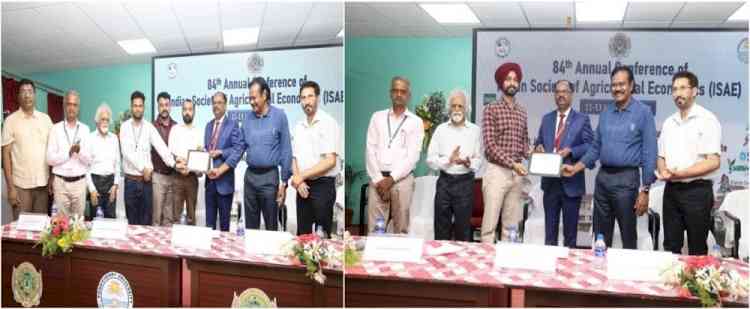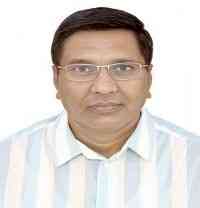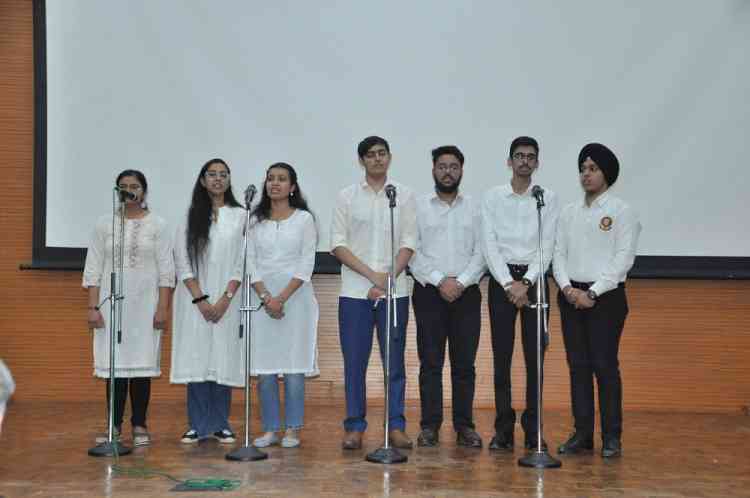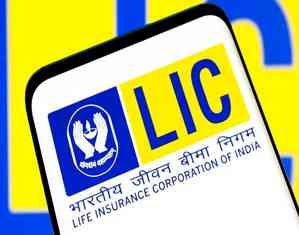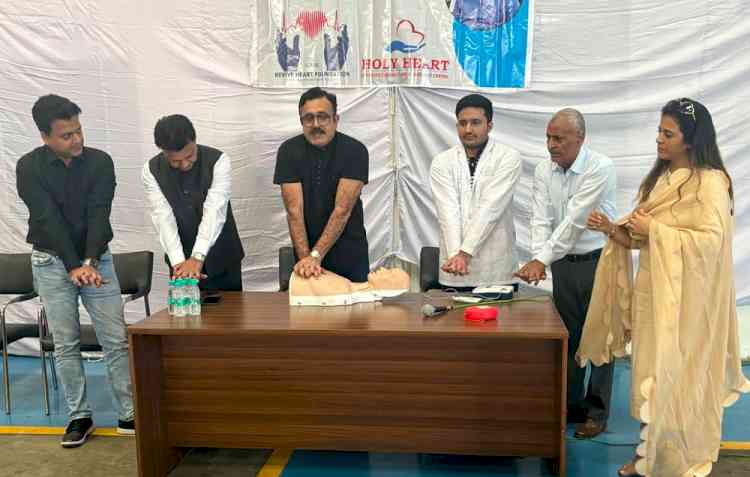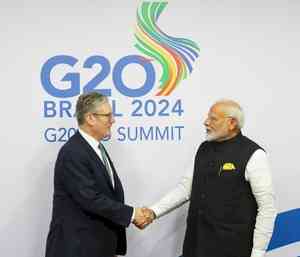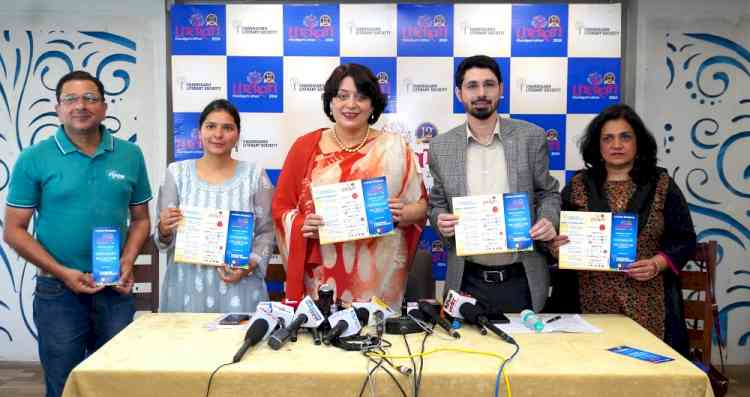Central University of Punjab Hosts Insightful ICSSR Sponsored Seminar on “Bridging Tradition and Innovation in Punjab”
The Department of Geography, Central University of Punjab, Bathinda, under the patronage of Vice-Chancellor Prof. Raghavendra P. Tiwari, organized a one-day seminar titled "Bridging Tradition and Innovation in Punjab: Exploring the Symbiotic Relationship Between Heritage and Progress." Sponsored by the ICSSR North Western Regional Centre at Panjab University, Chandigarh, the seminar provided a platform for academics and experts to explore the dynamic interplay between Punjab's rich cultural heritage and its contemporary advancements.
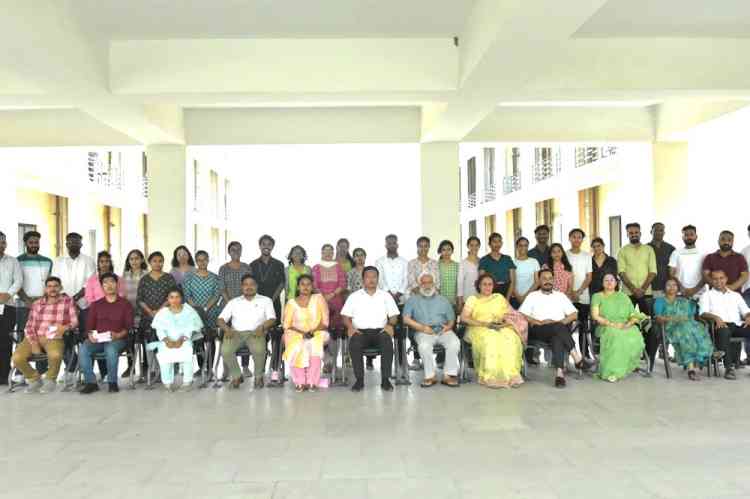
Bathinda, June 22, 2024: The Department of Geography, Central University of Punjab, Bathinda, under the patronage of Vice-Chancellor Prof. Raghavendra P. Tiwari, organized a one-day seminar titled "Bridging Tradition and Innovation in Punjab: Exploring the Symbiotic Relationship Between Heritage and Progress." Sponsored by the ICSSR North Western Regional Centre at Panjab University, Chandigarh, the seminar provided a platform for academics and experts to explore the dynamic interplay between Punjab's rich cultural heritage and its contemporary advancements.
During this Seminar, the had the opportunity to listen to distinguished speakers, including Prof. Simrit Kahlon from the Department of Geography, Panjab University, Chandigarh, and Prof. Kuldeep Chand Agnihotri, Former Vice-Chancellor of Himachal Pradesh University. Discussions highlighted the importance of integrating traditional knowledge systems with modern innovations to foster sustainable development and cultural preservation in Punjab.
The seminar began with a ceremonial watering of plants by distinguished guests. Prof. Yogalakshmi K.N., Dean of the School of Environment and Earth Sciences, welcomed the participants, while Dr. Shruti Kanga, Head of the Department of Geography, Central University of Punjab, introduced the seminar topic.
In the first lecture, Prof. Simrit Kahlon spoke about the role of culture in distinguishing humans from animals, encompassing language, art, technology, social structures, and moral systems. She traced the origins of Punjabi culture from the ancient Indus Valley Civilization and highlighted influences from Aryans, Greeks, Persians, and Mughals. The term "Punjab," meaning "land of five rivers," and the region's geographical divisions—Majha, Malwa, Doaba, and Poadh—were explained. Prof. Kahlon covered Punjab's rich history from ancient to modern times, emphasizing the blend of tradition and innovation in agriculture, arts, music, and cuisine.
The second session, led by Prof. Kuldeep Chand Agnihotri, focused on heritage, encompassing physical artifacts and intangible attributes from past generations. He discussed various types of heritage—cultural, natural, and mixed—and their historical significance. Strategies for heritage preservation were explored, including legal protection, conservation techniques, education, sustainable tourism, and community involvement. Prof. Agnihotri also examined the integration of heritage in geography, covering natural landscapes and traditional agricultural sites. He concluded with methods to balance heritage and innovation, emphasizing sustainable development, adaptive reuse, innovative conservation, inclusive policies, and community engagement.
On this occasion, Prof. Ramakrishna Wusirika, Dean In-charge of Academics, Central University of Punjab, along with the organizers, felicitated the guest speakers and expressed gratitude for their enlightening lectures. The event concluded with a formal vote of thanks by Dr. L.T. Sasang Guite. The seminar highlighted the importance of integrating traditional knowledge systems with modern innovations to foster sustainable development and cultural preservation in Punjab.


 City Air News
City Air News 
